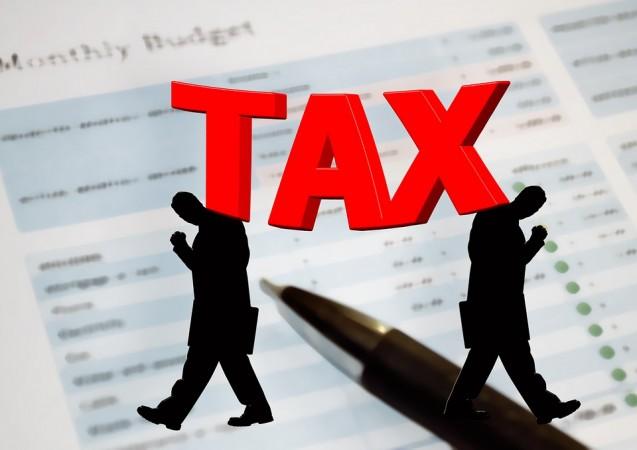
Even though finance minister Arun Jaitley did not change the income tax slab in the Union Budget 2018, he introduced a number of changes which will have a direct impact on the taxes the citizens pay. The tax-related policy changes will come into effect from April 1.
For taxation, the senior citizen class has been further divided into two categories. A person above the age of 80 years is considered a 'very senior citizen' and those who fall within the 60-80 years are in the senior citizen category.
Currently, the basic tax exemption limit for individuals below 60 years, is fixed at Rs 2.5 lakhs. For senior citizens, the exemption limit is Rs 3 lakhs, and for very senior citizens, it is Rs 5 lakh.
Here are the key income tax policy changes for the senior citizens in the country which will come into effect from April 1:
1. Tax on deposits
In the budget, Jaitley proposed measures to reduce the tax burden on their income for the senior citizen and a new section 80TTB was introduced. The tax exemption limit on interest on deposits with banks and post offices has been raised to Rs 50,000 from the current Rs 10,000.
2. Health insurance
The deduction limit for health insurance premium and/ or medical expenditure has also been increased from Rs 30,000 to Rs 50,000 under section 80D. This deduction for medical expenses can be claimed by senior citizens for medical expenditure.
3. Medical treatment deduction limit
The deduction limit for medical expenses for certain critical illness has been increased to Rs 1 lakh for all senior citizens. The limit was Rs 60,000 for senior citizens and Rs 80,000 for very senior citizens (above 80 years) under section 80DDB.
4. TDS
The threshold limit for the tax deducted at source (TDS) for senior citizens is also increased in the budget. From April 1, no TDS will be deducted from interest income up to Rs 50,000 a year for senior citizens.














